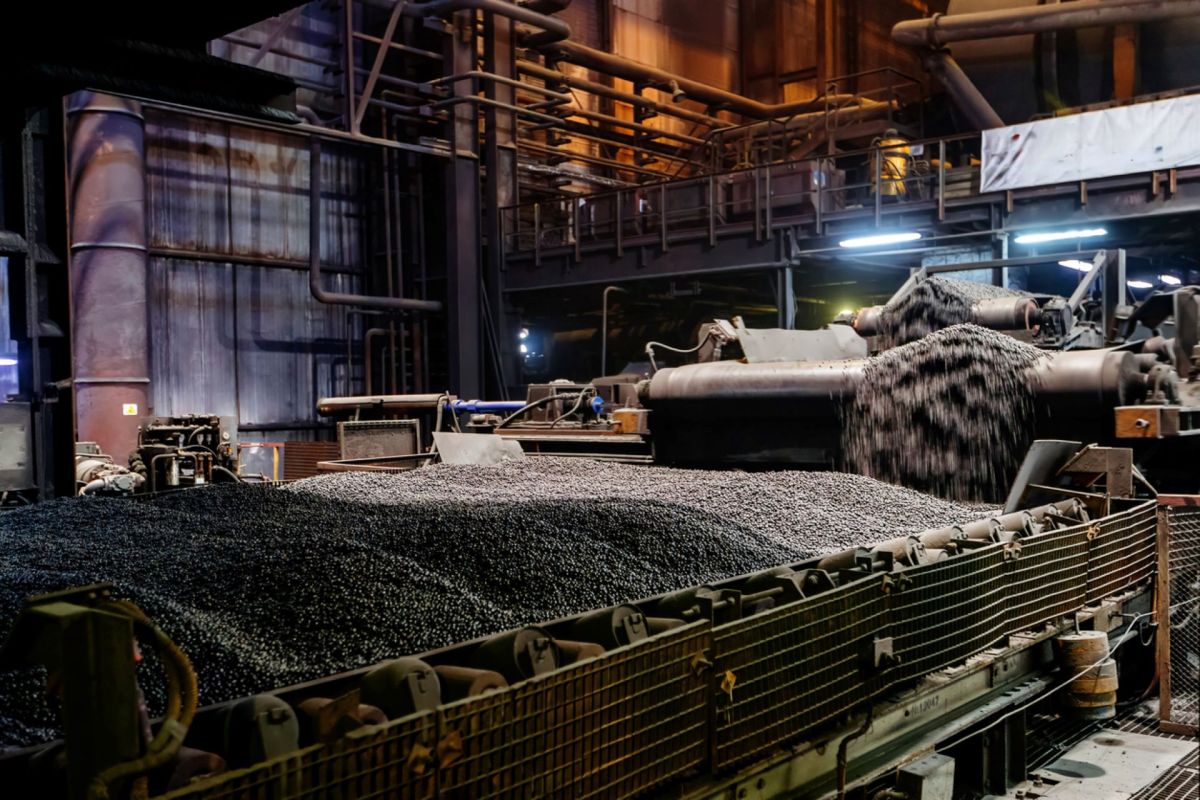A huge deal between the U.S. Department of Energy and a Brazilian mining company could help to make steel production more environmentally friendly.
The partnership between Vale and the DOE will feature $282.8 million in funding from the latter for the development of an iron ore briquette plant.
While it's not clear where in the United States the factory will be built, the method is expected to reduce pollution by 10% when compared to common steelmaking.
As Benzinga detailed, iron ore briquettes are made from "low-temperature agglomeration of high-quality iron ore" and offer a more sustainable option when compared to processes that make use of sinters, pellets, and granules.
Executive vice president of Vale Marcello Spinelli believes the briquettes can "revolutionize steel production."
"The decarbonization of the steel industry will take place in stages," Spinelli said, per Benzinga. "In the first, our clients are looking for ways to increase operational efficiency in the blast furnace route, reducing energy expenditure and, consequently, reducing CO2 emissions. At this stage, the briquette already makes a difference."
Spinelli detailed that the process will be made even more efficient with the introduction of green hydrogen, which will reduce the need for a blast furnace and can help produce zero-emission steel.
According to the European Commission, steel production is responsible for 7% of global carbon dioxide pollution. But since it is a key material used in construction, domestic appliances, ships, and medical tools, it doesn't look like it's going away any time soon.
In construction, alternative materials and techniques are being sought with the development of new building materials or a return to natural, historic ones. But without a mass transition to these methods, cleaner steel will be essential, and iron ore briquettes could herald a much cleaner future for the sector — especially if aligned with green hydrogen, which produces hydrogen using renewable energy.
While briquettes will reduce pollution created during the steel production process, it's also said the method reduces the release of particulate matter, which can reduce air quality and lead to respiratory and cardiovascular illnesses.
Join our free newsletter for cool news and actionable info that makes it easy to help yourself while helping the planet.









